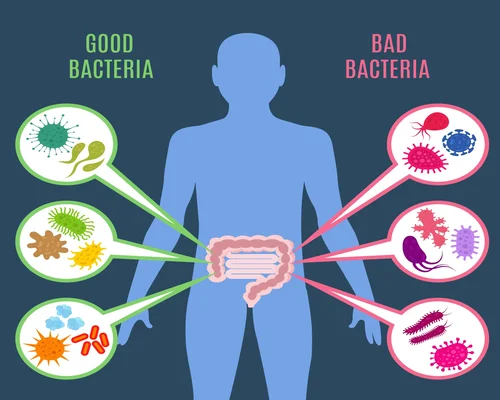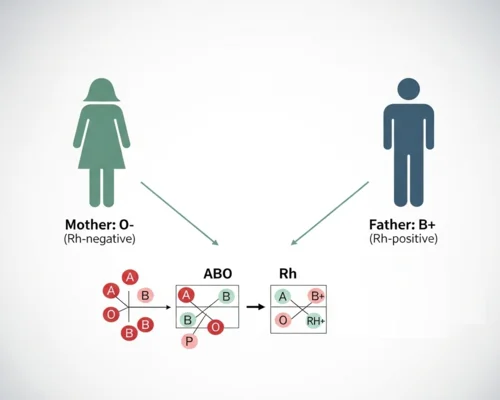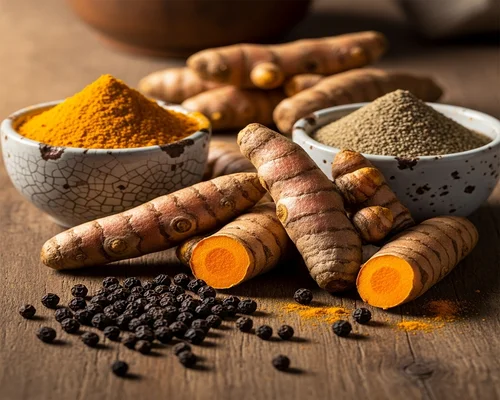
Benefits and harms of cardamom and rules of eating
Benefits and harms of cardamom and rules of eating
Cardamom not only enhances the taste and aroma of cooking, it is also known as a natural medicinal spice. It has various benefits for the body, but in some cases it is important to eat it carefully.
Benefits of eating cardamom:
1. Helps in digestion
- Cardamom stimulates the digestive system and helps with gas, heartburn and indigestion.
2. Eliminates bad breath
- It contains antibacterial ingredients that destroy bacteria in the mouth and gives fresh breath.
3. Helps control blood pressure
- Cardamom contains potassium and antioxidants, which can help reduce blood pressure.
4. Relieves respiratory problems
- It is beneficial in asthma, cough and cold. It relaxes the lungs.
5. Detoxification or cleansing of the body
- Cardamom increases urine output and removes toxins from the body.
6. Anti-cancer properties
- Studies have shown that cardamom contains some ingredients that help prevent the growth of cancer cells.
7. Keeps the mind healthy and reduces stress
- The smell of cardamom calms the mind and reduces stress.
Cardamom disadvantages (if consumed in excess):
- Excessive consumption of cardamom can cause gastritis, especially on an empty stomach.
- Some people may be allergic to cardamom - itchy skin, rash or difficulty breathing.
- Cardamom is generally safe, but excessive consumption is not recommended, especially in supplement form.
- Cardamom can thin the blood, so you should stop consuming it before surgery.
How much should you consume per day?
It is safe and beneficial to consume 1-2 cardamoms per day with cooking or tea.




-vegetable.webp)






















